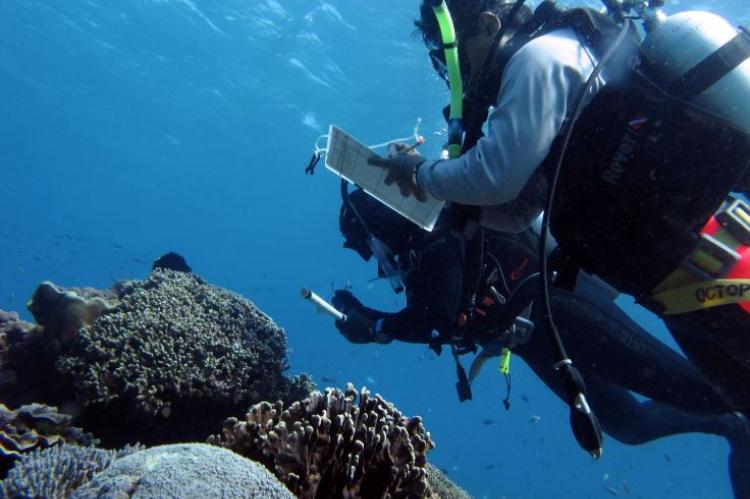Seagrass found to be beneficial to marine life
The presence of human pathogens in water is never a good idea. One way to deal with them is by introducing seagrass meadows to the area. Not only would they be able to improve water quality, but they can also sustain the rapid increase of aquaculture during global food shortages.
Seagrass meadows have the ability to reduce the bacteria that are pathogenic to both people and marine life by 50 percent. In addition, those corals that are found near seagrass meadows exhibit only half of the prevalence of disease.
These were the findings of a study published in the recent issue of the Science journal.
These findings highlight the importance of seagrass ecosystems to the health of humans and other organisms; not only could they help with improving water quality in ever more populated coastal zones, they could also play a key role in sustaining the rapid increase of aquaculture in the face of global food shortages.
“The aquaculture industry is highly susceptible to disease outbreaks from bacterial infections,” said Joleah Lamb, a postdoctoral researcher in the department of ecology and evolutionary biology at Cornell University. “Integrating seagrass treatment systems with aquaculture could lower the economic and environmental costs accompanying routine use of vaccines, pesticides and therapeutics for treatment of marine disease outbreaks.”
Working in waters off four Indonesian islands, Lamb and his colleagues assessed the influence of seagrass on marine microbial pathogens and disease - an effort in part inspired by many of their team first falling ill at that location.
In shorewaters, they discovered that the presence of the bacteria Enterococcus exceeded the U.S. EPA recommended human health risk exposure level by 10-fold. However, in the presence of seagrass, their levels were reduced three-fold.
Moveover, further studies by the research team showed that the abundance of several marine fish and invertebrate pathogens was lower by 50 percent when seagrass was present. In addition, after conducting field surveys of more than 8,000 reef-building corals adjacent to sea grass meadows, the team discovered two-fold reductions in disease, compared to those corals without seagrass nearby.
“Global loss of seagrass meadows is estimated at 7 percent each year since 1990, but when compared to other endangered marine ecosystems, seagrass meadows receive less than 2 percent of media coverage. I hope these results will send a clear message to other regions of the world about the potential benefits that these ecosystems can have on human and marine health.”


